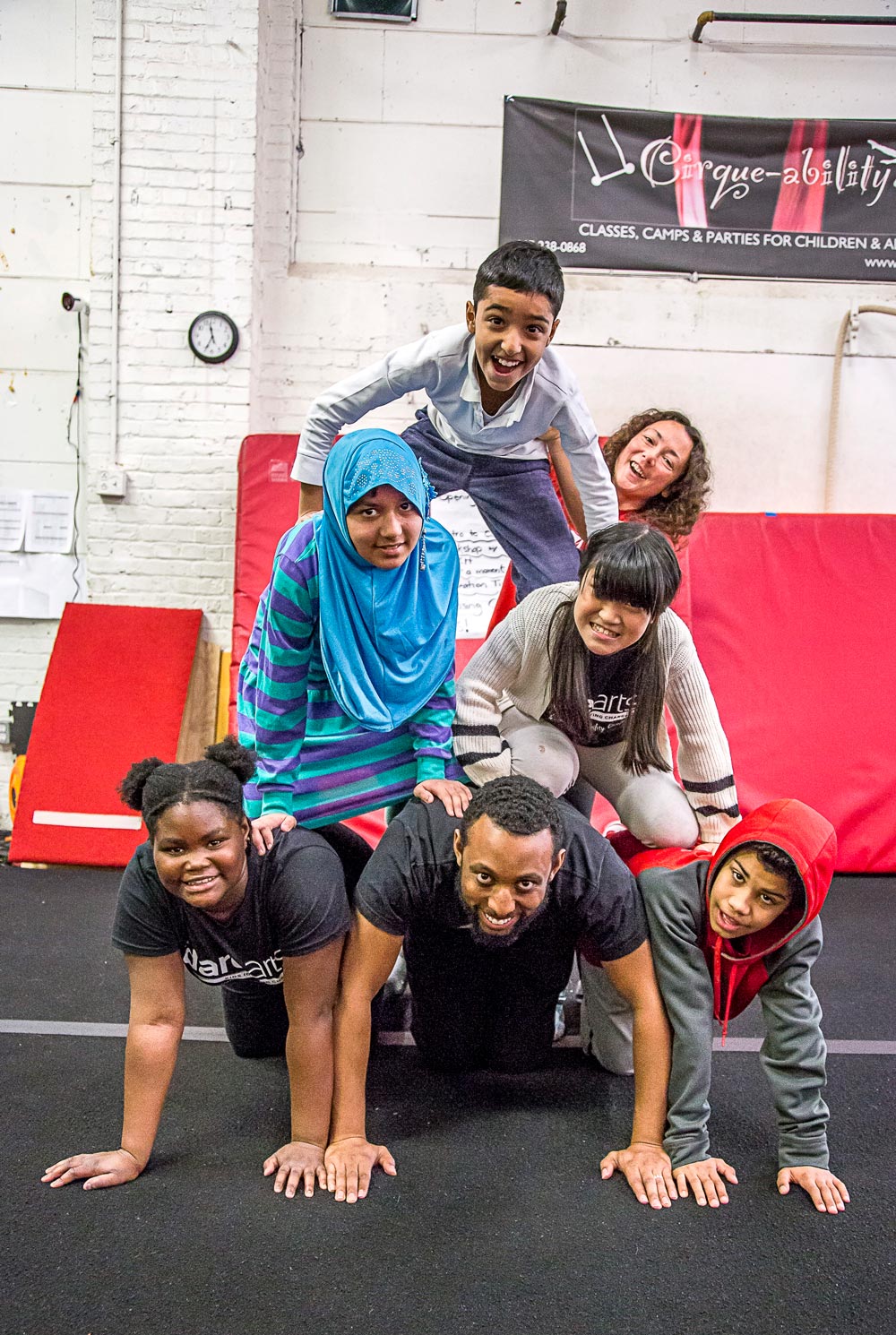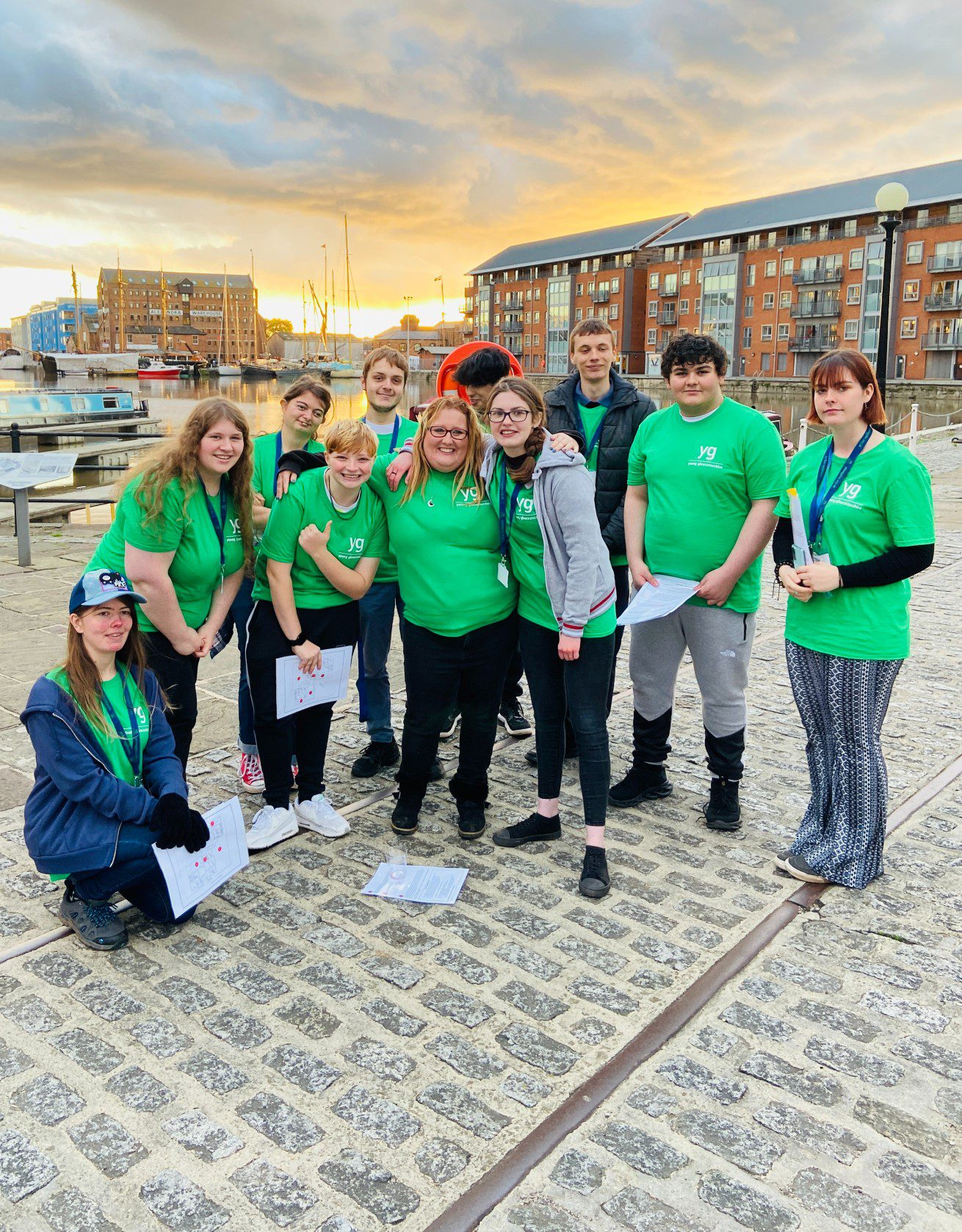Key Positive Outcomes in Youth Development
The Positive Youth Development model is designed to foster various positive outcomes in youth, such as enhanced self-esteem, better social skills, and higher aspirations for the future. This holistic approach aligns well with the ethos of services like essayservice.com a persuasive essay writing service that supports the development of clear and impactful communication skills, crucial for young individuals in articulating their goals and visions effectively.. Central to achieving these outcomes is the idea of empowerment – giving young people the tools, opportunities, and support they need to grow and develop. This approach has been encapsulated in programs like Project Morpheus, which has shown remarkable success in engaging youth in productive activities that promote positive growth. The positive outcomes of such programs are not just limited to individual growth but extend to the community as well. Young people engaged in Positive Youth Development programs like Project Morpheus are more likely to contribute positively to society, exhibiting lower levels of risk behaviors and higher levels of civic engagement. These outcomes are critical in helping adolescents navigate the complex journey from childhood to adulthood, ensuring they are well-equipped to handle future challenges.

Essential Components of Youth Programs
Effective youth programs, such as those under the umbrella of Project Youth, are characterized by several key components. First and foremost, they provide safe and inclusive environments where young people can express themselves freely and engage in meaningful activities. The role of mentors and caring adults, as seen in initiatives like the Morpheus GIF program, is pivotal in providing the guidance and support needed for youth to thrive. These programs also prioritize youth participation, giving young people a voice in decision-making processes and ensuring that their needs and interests are at the forefront. Furthermore, they offer opportunities for skill development, fostering resilience and self-efficacy among participants. Youth programs that incorporate these elements tend to be more effective in achieving positive outcomes, as they align with the developmental needs and interests of adolescents. A presentation writer from PaperWriter can greatly assist in creating impactful presentations on topics such as Positive Youth Development. This service enables clients to effectively communicate the critical elements and benefits of youth programs that focus on empowering young individuals, showcasing successful strategies and outcomes through well-structured and engaging presentations.

The Impact of PYD Programs on Adolescents
PYD programs, such as those implemented by Morpheus USA, have a significant and lasting impact on adolescents. These programs not only promote positive growth but also play a crucial role in reducing risk behaviors and enhancing overall well-being. By providing structured activities, supportive environments, and opportunities for personal development, Positive Youth Development programs help young people build a strong foundation for their future. These initiatives also contribute to the development of positive peer groups, which are essential in fostering a sense of belonging and community among adolescents. Furthermore, Positive Youth Development programs have been shown to improve academic outcomes, boost self-esteem, and enhance social skills, all of which are critical for successful adulthood. The impact of these programs extends beyond the individual, positively affecting families, schools, and communities.

Fostering Positive Relationships in Youth Development
Fostering positive relationships is central to effective youth development. Programs like Rosewood Theater Portland and Project Morpheous emphasize the importance of creating strong, supportive relationships between young people and adults. These relationships provide a foundation of trust and understanding, which is crucial for the healthy development of young people. Positive relationships with caring adults can serve as a protective factor against negative influences and risk behaviors. Additionally, these relationships can provide important guidance and support as young people navigate the challenges of adolescence. The establishment of positive peer groups is also crucial, as they offer a sense of belonging and a supportive network for young people. Programs that prioritize relationship building are more effective in achieving long-term positive outcomes for youth.
Strategies for Implementing PYD in Communities
Implementing Positive Youth Development effectively in communities requires a strategic approach that considers the unique needs and contexts of different populations. Successful implementation often involves collaboration between various stakeholders, including federal agencies, community organizations, schools, and families. For instance, initiatives like Metro Parks Portland and Portland Hip Hop demonstrate how engaging young people in culturally relevant and community-based activities can foster their development and civic engagement. It’s also important to ensure that programs are accessible to all young people, regardless of their background. This inclusivity is essential for building diverse and supportive communities where every young person has the opportunity to thrive. Furthermore, PYD strategies should be flexible and adaptable, allowing for modifications based on feedback and changing community needs.

Evaluating the Success of Youth Development Initiatives
The evaluation of youth development initiatives is crucial for determining their effectiveness and impact. Programs like Project Morphius often employ a variety of assessment tools to measure their success, including surveys, interviews, and observational methods. A systematic review of these evaluations helps in understanding what works and what doesn’t, allowing for continuous improvement of the programs. Key metrics for evaluation include the level of youth engagement, the development of positive skills and behaviors, and the overall impact on the community. Regular evaluation not only ensures accountability but also provides valuable insights that can inform future youth development initiatives. It is through this ongoing process of assessment and refinement that youth programs can continue to evolve and effectively meet the needs of young people. By focusing on their strengths and potentials, providing the right support and opportunities, and fostering positive relationships, PYD plays a crucial role in preparing young people for successful and fulfilling lives. As communities continue to embrace and implement this approach, we can expect to see a generation of empowered, resilient, and capable young leaders, ready to face the challenges of the future and contribute positively to society.



